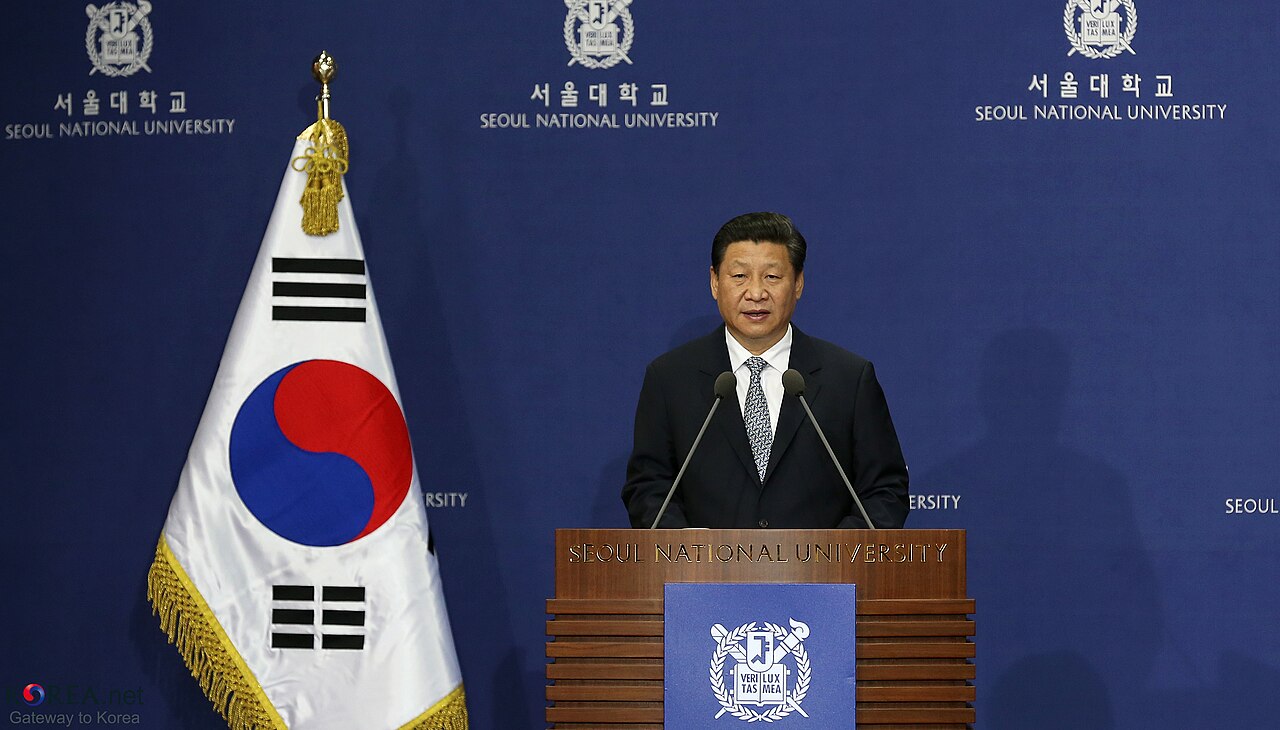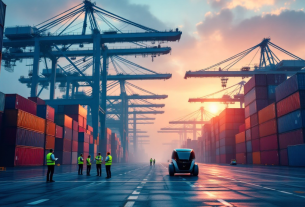China has declared its readiness to eliminate all tariffs on imports from 53 African nations with which it maintains diplomatic relations. The announcement, made at a China-Africa cooperation meeting, comes as African exporters face potential higher tariffs on goods entering the United States.
China’s Expanding Trade Relations with Africa
China has been Africa’s largest trading partner for the past 15 years, with African exports to China valued at approximately $170 billion (£125 billion) in 2023. The new tariff-free policy builds on a previous agreement that granted zero-tariff access to 33 African nations classified as “least developed”.
The expanded list now includes major African economies such as South Africa and Nigeria, further strengthening trade ties between China and the continent. However, Eswatini remains excluded from the policy due to its diplomatic recognition of Taiwan, which China considers a breakaway province.
Geopolitical and Economic Implications
A joint ministerial statement issued at the meeting criticized unilateral tariff impositions by certain countries, calling on the United States to resolve trade disputes based on “equality, respect, and mutual benefit”.
The timing of China’s decision coincides with U.S. tariff increases on African imports, including rates of 50% for Lesotho, 30% for South Africa, and 14% for Nigeria, announced by President Donald Trump in April. While implementation of these tariffs has been temporarily paused, U.S. officials have indicated that negotiations could extend the delay further.
Impact on African Exports and Global Trade
China’s zero-tariff policy is expected to:
- Boost African exports by providing greater market access to Chinese consumers.
- Strengthen China-Africa economic ties, reinforcing Beijing’s influence in the Global South.
- Counterbalance U.S. trade restrictions, offering African nations an alternative export destination.
Conclusion
China’s decision to remove tariffs on African imports marks a significant shift in global trade dynamics. While the policy’s implementation timeline remains unclear, its potential to reshape Africa’s trade landscape and reduce dependency on Western markets is undeniable.
Chinese-President-Xi-Jinping-Picture-on-Wikimedia-by-Korea.net-Media-Team



